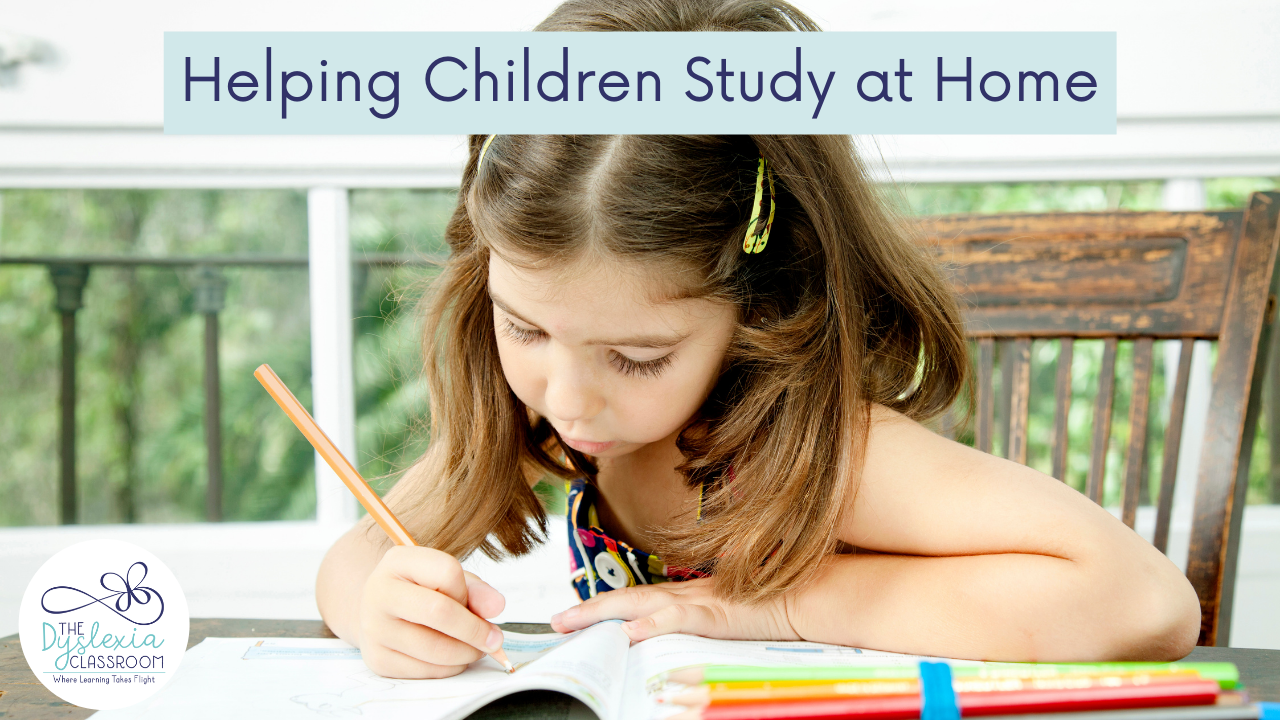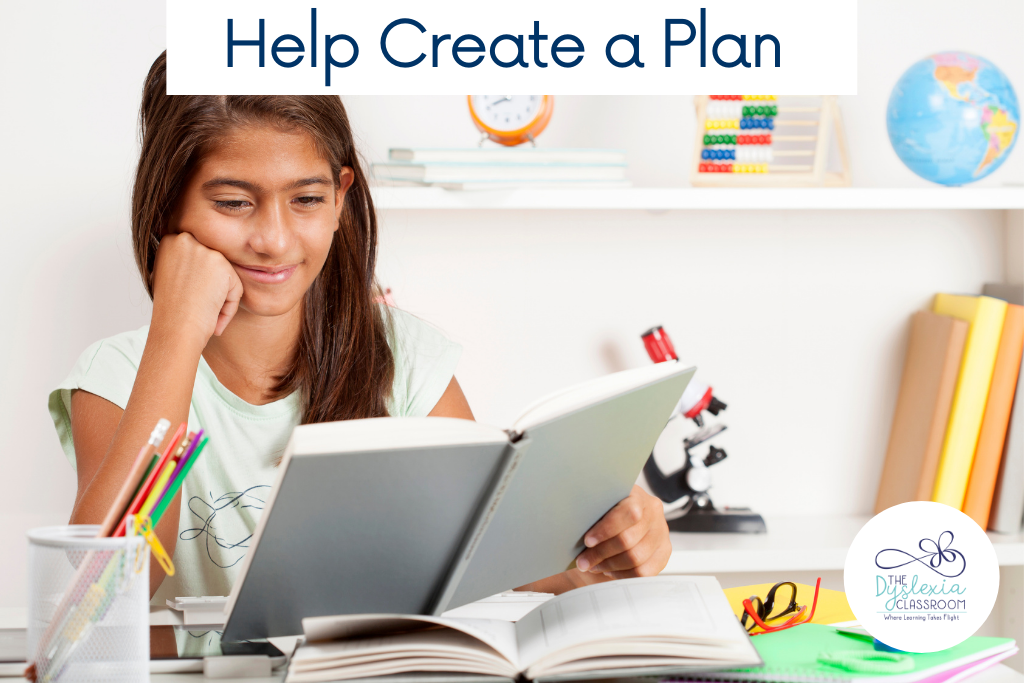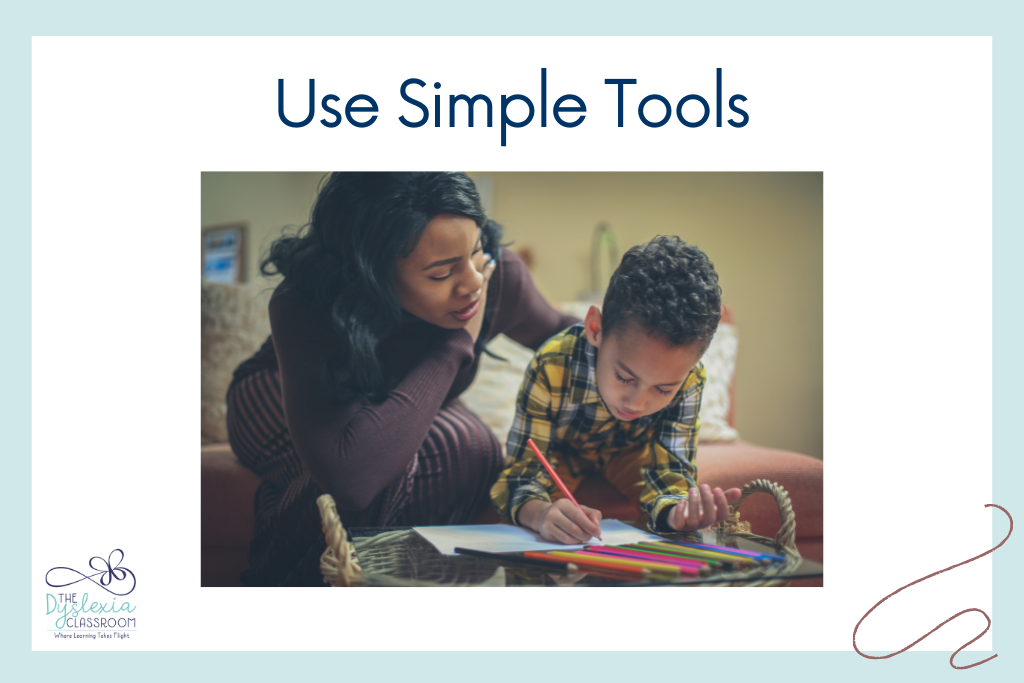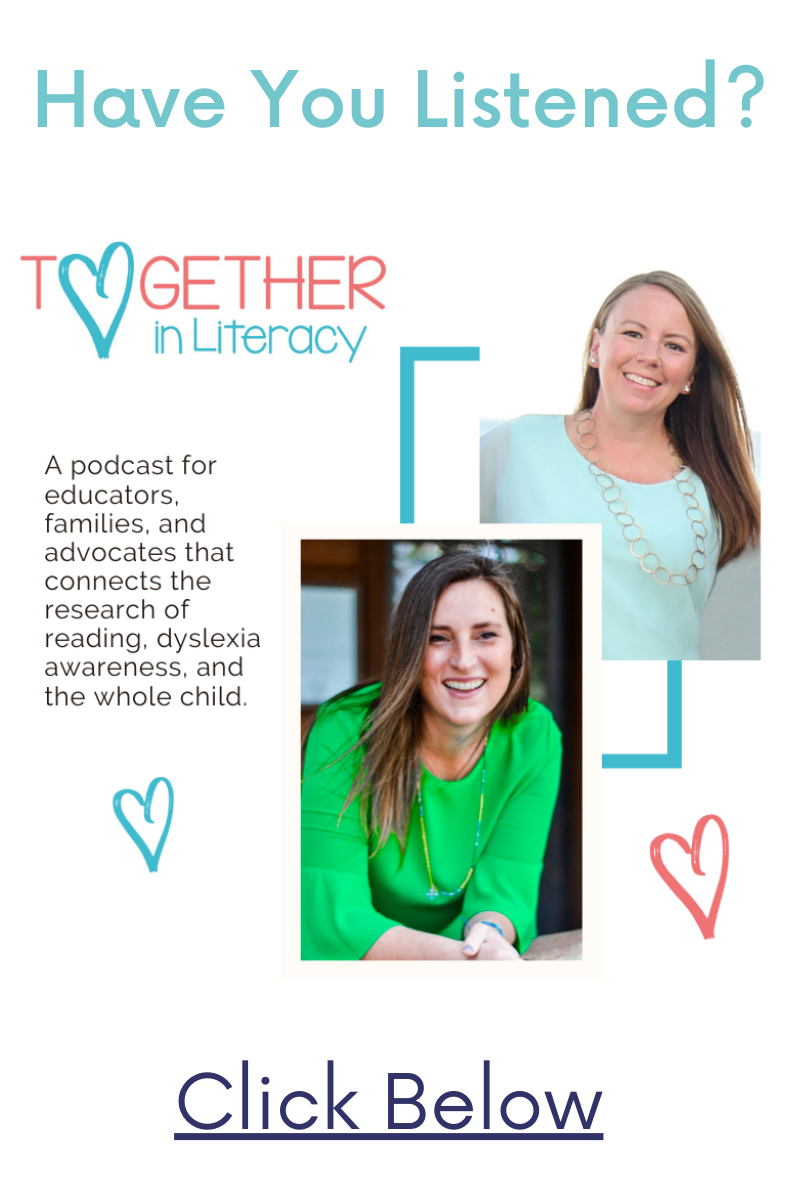Top Teacher Tips for Parents To Help Students Study at Home

This week, I'm sharing 7 tips to help children study at home. As a teacher or practitioner, you might not find this post relevant, yet it is. Not only will these tips help parents who read this post, but as educators, we can continue to support our students by suggesting these strategies be put in place at home as we work with families in establishing good study skills that align with students' needs and that move learning forward.
Use Time Wisely
Setting aside designated time to work on assignments, papers, etc. is a good habit for all students but can be especially needed for students who require extra time to process information or complete tasks. Setting a timer and working on an assigned task within that time frame can help keep students focused on the task at hand. If the timer dings before the job is complete, take a mini-break or continue working if appropriate.
Ask for Assignments Ahead of Time
Just as our children may need extra time on assignments and tests during school, specific homework assignments and projects may require additional time. Ask teachers for materials and assignments in advance, and then help your child develop a plan for completion.

Break Assignments into Smaller Tasks
Create mini assignments and due dates to ease the stress that can accompany larger projects. For some children, just figuring out how to start a big project is daunting. If this sounds like your child, they may benefit from help in creating a plan that breaks the assignment into smaller, manageable pieces.

Use Simple Tools
Sometimes the most straightforward tools are the most effective because they are easily accessible to students. Flashcards, highlighters, color-coding systems, and self-made pictures, diagrams, or visuals are great tools to assist in learning to study. Don't feel like you always need to use technology.
Use Technology to Your Advantage
Making the most of the technology available and choosing when it best supports study skills or assignments is part of the journey with dyslexia. There are times where using technology can assist students in their studies.
Using audiobooks can be beneficial when students have a heavy reading load, have a reading assignment above their decoding abilities but not their comprehension, etc. It can be an excellent tool to access the curriculum.
Using speech-to-text supports can free up cognitive demands that the physical writing task can boggle down. There are many positive aspects of assistive technology - figuring out which works best for your child is part of the dyslexic puzzle.
Read Assignments to Your Child
Yes, of course, our goal is for children to be able to read their assignments without assistance or with limited help; however, I feel that homework is to be a practice of skills previously taught, and our children are exhausted by the end of the day. So, yes, read them the assignment or take turns reading parts of the assignment. You know your child, and sometimes more of the same isn't better; it's just more.
Give your Child (and Yourself) Permission to Step Away
Sometimes we need to step away from a task for a bit. We do this as adults, and I feel this is an essential skill for our children in developing and nurturing their social-emotional awareness. Take a step back. Create a plan, and try again.
I have created a one-page PDF flyer that you can send to those families that you work with. 🎉 You'll find this PDF in the Freebie Library where you'll also find many other helpful resources. Have you signed up yet for the library? If not, join here.
For more strategies relating to taking a set back in order to move forward, check out last week's post about metacognition in the classroom. If you missed it, you can read it HERE.

Another great resource is the Together In Literacy podcast. Have you listened to it yet? Episode 7 kicks off with a special guest, Hope McNabb, who shares her insights and perspectives about dyslexia. This episode is very dear to me. Click HERE to listen and let me know your thoughts.
Do you have questions about dyslexia?
You are in the right place! Whether you are a teacher or a parent wondering how to help a child with dyslexia, The Dyslexia Classroom®️ is here to help.
Sharing our knowledge and guiding educators and parents is our passion.
Welcome!

This information is the intellectual property of @2016 The Dyslexia Classroom. Do not use or repurpose without expressed permission from The Dyslexia Classroom. Please give The Dyslexia Classroom an attribution if you use, reference, or quote/paraphrase copyrighted materials. This includes but is not limited to blogs, social media, and resources.



